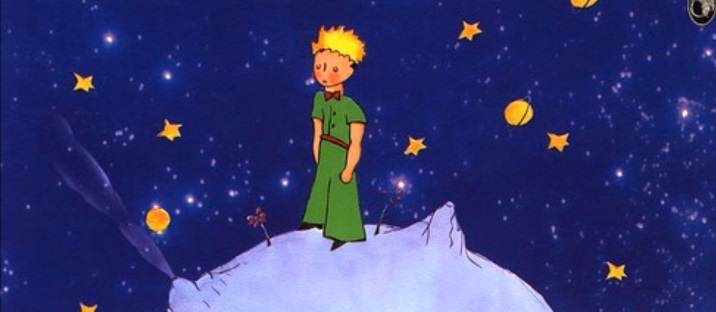Nothing about Antoine de Saint-Exupéry’s life has anything to do with the classic artist cliché. He wasn’t poor, reckless or troubled. Yet the French writer and aviator has left the world with some small masterpieces of creativity.
This aviator of noble birth, who died in the Second World War in his forties, created a literary icon whose quotes are printed on posters, t-shirts and cups, as if they had been uttered by Gandhi or Einstein: “The Little Prince”.
It would be a mistake, a serious mistake, to think of this small volume as a children’s book. “The Little Prince” covers issues such as love, the passage of time, the meaning of life and relationships between people. Translated into 253 languages, the story of the meeting in the Sahara Desert between an aviator and a child, prince of a planet where he’s the only inhabitant, is worth reading two or three times in your life to see how the meaning and value of allegories can change depending on your experience…
Antoine de Saint-Exupéry also has the honour of being one of the first authors to tell the world stories about flight. He achieved resounding success with his first novels “Night Flight”, “Wind, Sand and Stars” and “The Aviator”, published during the 1930s. Winning awards in France, they were immediately translated and sold abroad. A real literary success, in short.
Born in Lyon, the young aviator was amongst the first witnesses of the changing times. Flying reduced distances, offering a view of the Earth from above, turning adventure on his head and taking travel to the skies. The world was no longer just explored through “Twenty Thousand Leagues Under the Sea” or “Journey to the Center of the Earth” and this unknown person travelled beyond the sky, among the planets, in space, where man would only come to set foot many years later.




